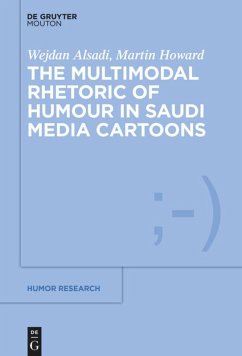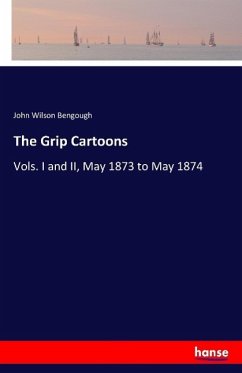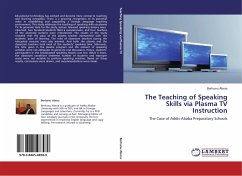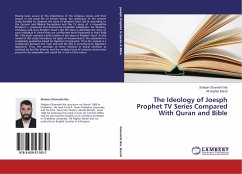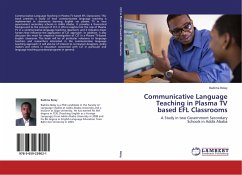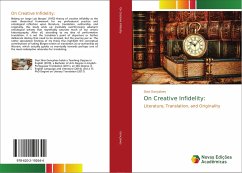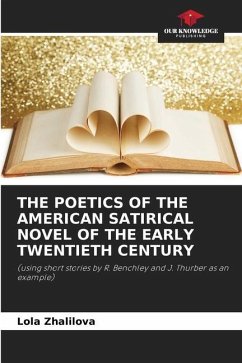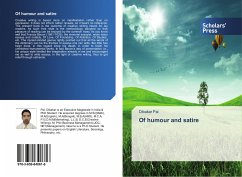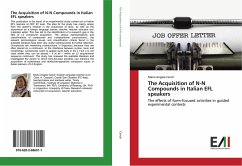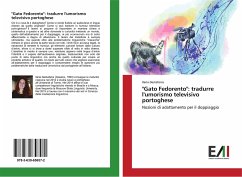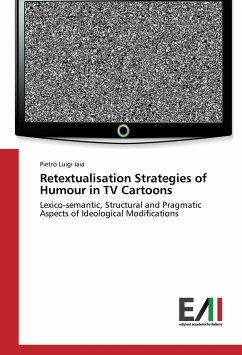
Retextualisation Strategies of Humour in TV Cartoons
Lexico-semantic, Structural and Pragmatic Aspects of Ideological Modifications
Versandkostenfrei!
Versandfertig in 6-10 Tagen
25,99 €
inkl. MwSt.

PAYBACK Punkte
13 °P sammeln!
This book examines the Italian reformulation and retextualisation strategies of the humorous discourse in the animated TV series "Family Guy". In particular, three macro-areas of analysis are identified, one concerning religion and humour, one connected to taboo jokes, and one about cultural and historical references, in order to detail the linguistic and functional modifications to the source scripts. By means of the comparison between the original texts and their Italian translations, this book explores the extent to which the adaptation strategies are influenced by specific cognitive and cu...
This book examines the Italian reformulation and retextualisation strategies of the humorous discourse in the animated TV series "Family Guy". In particular, three macro-areas of analysis are identified, one concerning religion and humour, one connected to taboo jokes, and one about cultural and historical references, in order to detail the linguistic and functional modifications to the source scripts. By means of the comparison between the original texts and their Italian translations, this book explores the extent to which the adaptation strategies are influenced by specific cognitive and culture-bound constructs, from the implied receivers of cartoons, to the verbal features of such audiovisual text types.



